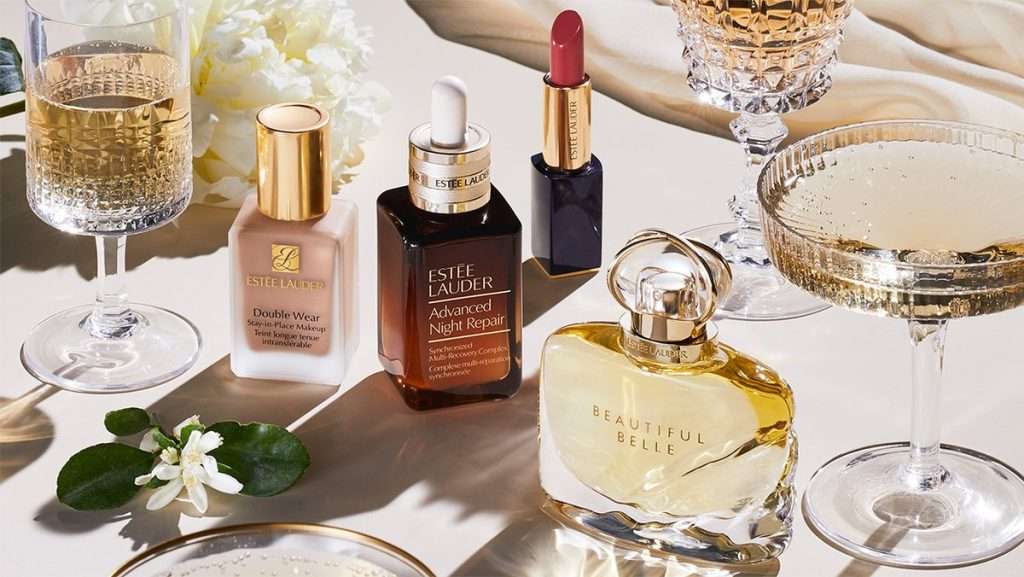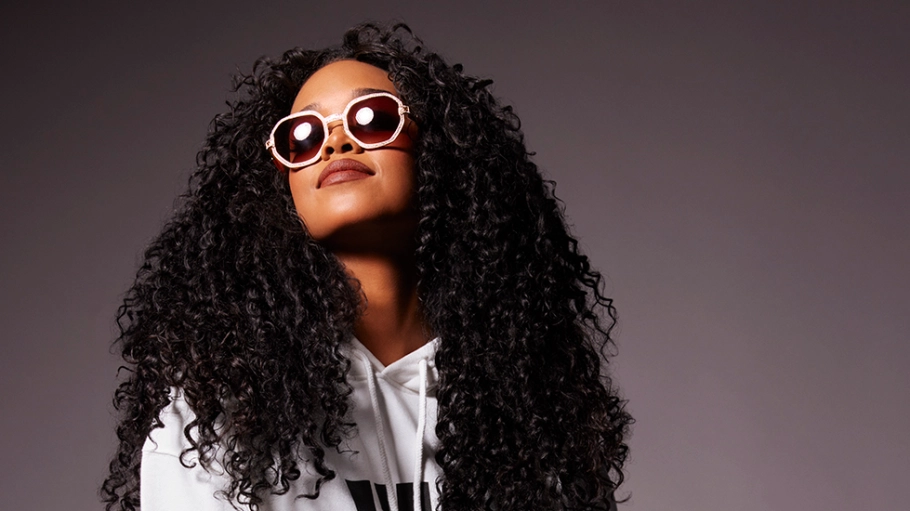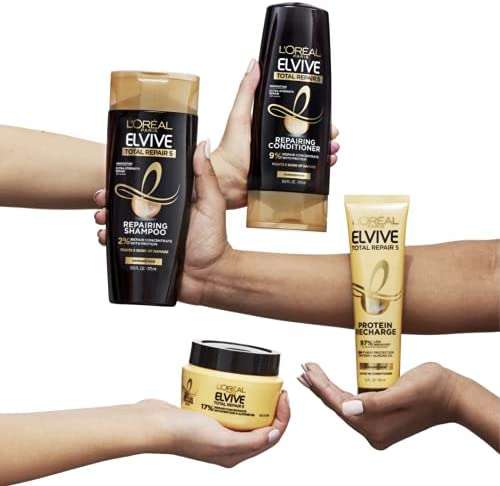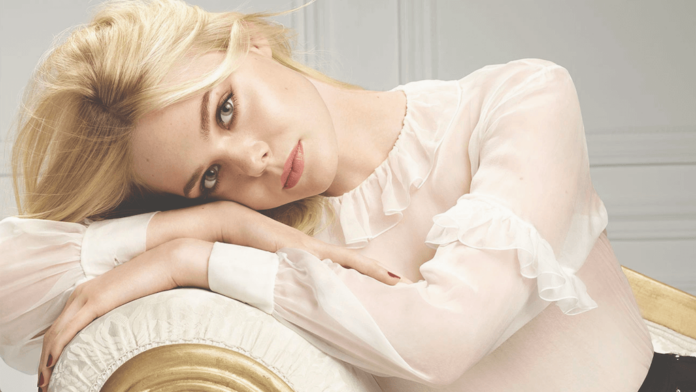Is L’Oréal cruelty-free? Due to China’s animal testing laws, the claims are questionable.
For decades, L’Oréal has been locked in battle with animal rights organizations over its cosmetic animal testing status. The former, which is the world’s biggest cosmetics company, claims it has not tested the safety of its products on animals since 1989. But nonprofits like PETA, Cruelty Free International (CFI), and the Humane Society of the United States (HSUS), claim that, to this day, L’Oréal still actively chooses to engage with the practice.
So, what is the true story? Is L’Oréal really cruelty-free?
How trustworthy is the beauty giant’s claim to cruelty-free status? Its rivals make similar claims; are Lancôme and Estée Lauder still testing, too? But first, it’s important to understand the current laws on cosmetic animal testing in different places, before bringing closer attention to one country in particular: China.
Cosmetic animal testing laws
Animal testing is a contentious and controversial issue. Every year, millions of animals are subject to painful, invasive, and often times fatal tests for various industries. Monkeys, rabbits, guinea pigs, rats, mice, dogs, and cats are just a few examples of the species used in experimentation around the world.
Many animal rights advocates and scientists claim that all animal tests should be a thing of the past. But as of yet, no country has banned them completely. Switzerland was given a referendum and an opportunity to become the first to do so in June 2022 but ultimately voted against a ban.

That said, many countries have passed bans on animal testing for cosmetic purposes only. According to HSUS, a total of 42 countries, including all in the European Union (E.U.), Norway, Australia, the U.K., and Taiwan, have passed laws to limit or outright ban cosmetic animal testing. Some states in the U.S. and Brazil also have cosmetic animal testing bans.
Some of these laws, however, are far from perfect. In the E.U. for example, worker safety regulations require some chemicals to be tested on animals, whether they are used in cosmetics or not. This has led many animal rights organizations, like CFI (which helps to manage the globally-recognized Leaping Bunny cruelty-free certification program), to campaign for a tightening of the laws around animal testing.
But ban or no ban, in most countries around the world, cosmetic brands have the option to clear their entire supply chain of companies that test ingredients on animals and declare themselves cruelty-free. And, in turn, receive a credible certification.
However, this is only if they do not sell products in stores in China, where the laws around animal testing are different.
China and animal testing
Up until last year, China had strict pre-market testing laws for all cosmetic products sold in the country. This meant that all imported cosmetics had to be tested on animals before they could be sold in the country.
In 2021, China made a positive step for animal welfare when it removed this requirement. But only for non “special-use” products like skincare, hair, or makeup items. Anything else, like hair dye, sunscreen, or deodorant, is considered special use, and therefore still subject to animal tests.

The country’s laws also allow for post-market animal testing to take place at any time. This could happen if a consumer made a complaint against a product, for example. While not all cosmetic products will definitely be post-market-tested, and not all of the tests involve animals, as long as they are on the shelves, they are vulnerable to animal testing potentially taking place.
However, this is only the case for products sold in physical stores. If a brand sells online to customers in China, it is not vulnerable to animal testing and can still be considered cruelty-free.
So, is L’Oréal cruelty-free?
China’s laws are the reason that many animal rights groups do not consider L’Oréal to be cruelty-free. The brand is not eligible for major certifications, like Leaping Bunny, because it continues to sell products in stores in China, leaving the door open for animal testing.
While L’Oréal may continue to claim otherwise, its own animal testing policy reveals the truth. It reads: “Today, L’Oréal no longer tests its ingredients on animals and no longer tolerates any exception to this rule.” It then states: “Certain health authorities may nevertheless decide to conduct animal tests themselves for certain cosmetic products, as it is still the case in China.”

L’Oréal says it has no choice over animal testing, but it does. Much like the hundreds of international beauty brands that choose not to sell in China’s physical stores, it could opt out of the market until animal testing is banned.
But the beauty giant is far from alone. Many of L’Oréal’s biggest rivals, like Lancôme, Revlon, and Estée Lauder, also continue to sell their products in stores in China, and for that reason, they are not considered cruelty-free.
Will cruelty-free brands ever be able to sell in China?
For certified cruelty-free brands that have held off entering the Chinese market for animal testing reasons (read: not L’Oréal), change could be on the horizon.
For years, Leaping Bunny has been working with authorities in China to try and figure out a way for its own brands to sell in the country without losing their cruelty-free status.

Now, a new China Qualification Program has been announced. The program will help Leaping Bunny-certified companies to enter China without compromising their cruelty-free status. Burt’s Bees has already successfully completed the program’s requirements and has launched into the marketplace without animal testing.
It’s important to note it is still not straightforward to sell in China, and Leaping Bunny brands must meet extensive criteria to begin the process. But it is an important step.
“While the process to enter China remains a complicated one, it is exciting to see this market evolve to include cruelty-free companies,” Leaping Bunny notes.
“The Leaping Bunny China Qualification Program will provide assurance to compassionate consumers everywhere that products certified by us are free of new animal testing and produced by companies committed to cruelty-free products.”
For a brand to receive the Leaping Bunny certification, it must adhere to strict criteria that ensure no form of animal testing is used at any stage of product development, from ingredients sourcing to the final product. The certification process involves a comprehensive audit of the brand’s supply chain, including all raw material suppliers and manufacturers, to verify compliance with the Leaping Bunny’s standards. This ensures that every component of the product and its development process remains cruelty-free. Brands must also commit to regular re-certification to ensure ongoing compliance, making the Leaping Bunny certification a robust indicator of a brand’s cruelty-free commitment.
Consumer behaviors and preferences in China have a significant impact on global cosmetic brands’ policies on animal testing and cruelty-free certifications. As awareness and demand for cruelty-free products increase among Chinese consumers, international brands are motivated to find ways to enter or remain in the Chinese market without compromising on their cruelty-free values. This shift in consumer preference is pushing brands to explore legal and regulatory pathways that allow them to bypass animal testing requirements, such as selling online or through the new China Qualification Program introduced for Leaping Bunny-certified companies. The evolving consumer landscape in China is thus playing a crucial role in encouraging brands to maintain cruelty-free practices while expanding their market presence.
The decision to forego the Chinese market to maintain a cruelty-free status can have significant economic implications for cosmetic companies. China represents one of the largest and fastest-growing markets for beauty products globally, and not participating in this market can limit a brand’s growth potential and competitive edge. However, brands that prioritize their cruelty-free commitments over market expansion may cultivate a loyal customer base among consumers who value ethical and sustainable practices. This loyalty can translate into strong brand equity and potentially open up other market opportunities where cruelty-free products are in high demand. Furthermore, as regulatory environments evolve and new pathways to enter markets like China without animal testing become available, the economic trade-offs for remaining cruelty-free are likely to diminish, allowing brands to enjoy both ethical integrity and market success.
Related on Ethos:


